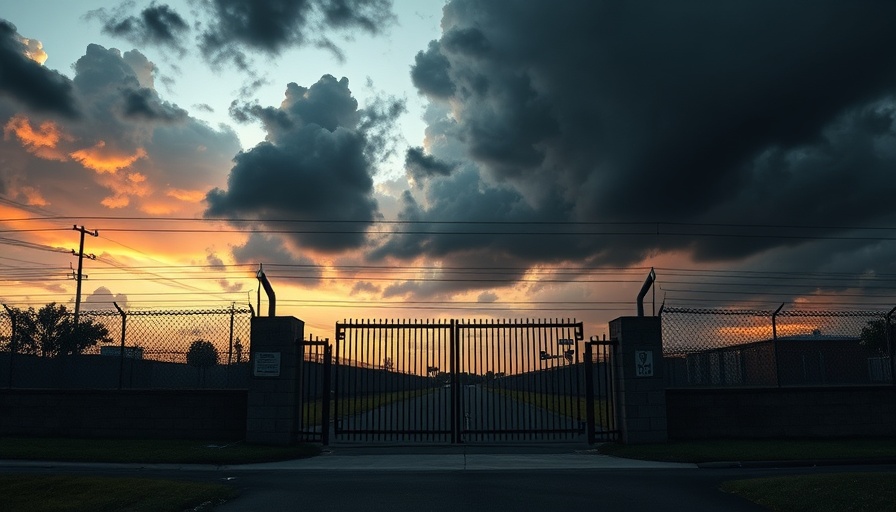
Understanding the Controversial Death Penalty in Florida
The recent signing of a death warrant for Samuel Smithers, 72, has brought the discussion surrounding the death penalty in Florida back into the spotlight. Scheduled for execution on October 14, 2025, Smithers was convicted of the brutal murders of Denise Roach and Christy Cowan in 1996. This case serves as a grim reminder of the long-standing complexities and strong emotions tied to capital punishment in the state.
The Rising Number of Executions in Florida
This year alone, Florida may see its 14th execution as Gov. Ron DeSantis signed Smithers' death warrant amid a record-breaking year for the state. With a legacy of 11 executions already this year, the frequency surpasses prior records set in 1984 and 2014. The ongoing legal battles for the next scheduled executions highlight a growing debate about the state’s approach to capital punishment, balancing justice for victims with considerations of morality and due process.
The Horrific Crimes Behind the Sentencing
The details that emerged from Smithers' sentencing are chilling. He was accused of luring both women, who he met under dubious circumstances, to a secluded property where they met horrific ends. The legal documentation reflects an appalling account of violence, emphasizing the nature of these crimes that, for many, justifies the death penalty. Yet, this raises questions: Does the execution truly provide closure for surviving loved ones, or does it perpetuate a cycle of violence?
Different Perspectives on Capital Punishment
While supporters of the death penalty argue that it serves as a deterrent against severe crimes, critics often highlight its moral implications, the potential for wrongful convictions, and the psychological toll on those involved in the execution process. As Florida prepares for another execution, communities are divided, illustrating the complex, multifaceted nature of justice in America.
Emotional and Social Implications
For many families affected by murder, the execution of a criminal can evoke a range of emotions—from satisfaction to unresolved grief. It underscores the conflict faced by survivors: navigating their desire for justice while grappling with the implications of state-sanctioned death.
Take Action: Engage in the Conversation
As Florida inches closer to more executions, it’s imperative for residents and advocates to engage in dialogue about the implications of capital punishment. Whether you're for or against the death penalty, sharing your perspective can contribute to a broader understanding of justice within our society.
 Add Row
Add Row  Add
Add 



Write A Comment